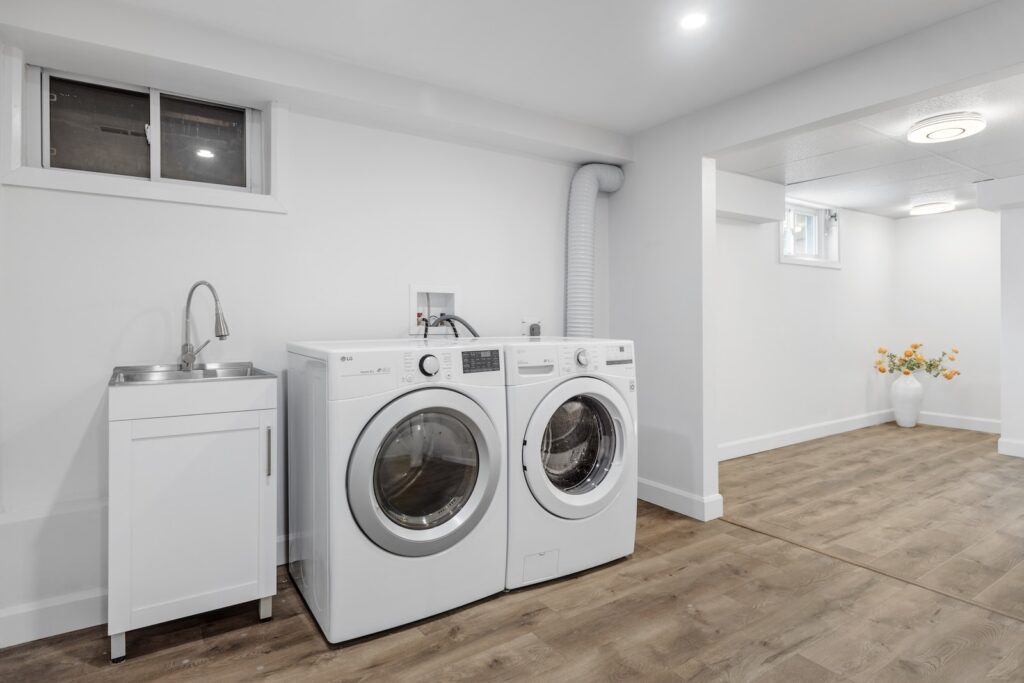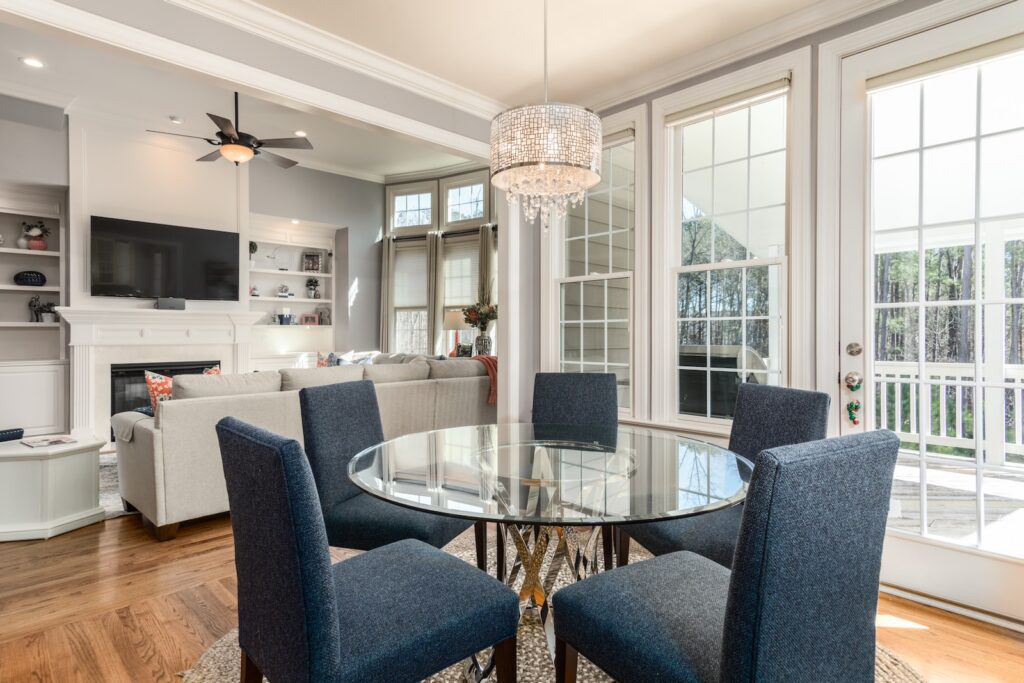Basements are often viewed as dark and damp places, but they don’t have to be. One way to brighten up your basement is by adding windows. However, when it comes to installing basement windows, homeowners often wonder if they need framing. In this article, we will explore the importance of framing basement windows and answer common questions surrounding the topic.
Framing basement windows can seem like an unnecessary expense, but it’s a critical component of a successful installation. Not only does proper framing ensure your window is secure, but it also helps with insulation and energy efficiency. By the end of this article, you’ll have a clear understanding of why framing is essential, how to do it correctly, and the benefits it provides.

Basement windows often get overlooked when it comes to home renovations. Homeowners tend to focus more on the larger windows in their living spaces and forget about the smaller ones below ground. However, basement windows are just as important as any other window in your home. One of the most common questions that homeowners have about basement windows is whether or not they need framing.
What is Framing?
Framing is the process of creating a structure that supports a wall or the opening of a window. In the case of basement windows, framing is necessary to create a secure and stable opening in the foundation wall. Without framing, the window may not be properly supported, and water can seep into the basement through gaps and cracks.
Benefits of Framing Basement Windows
Framing basement windows has several benefits. Firstly, it provides a sturdy structure for the window to be installed into. This ensures that the window is supported and secure, which helps to prevent water from seeping into the basement. Secondly, framing provides insulation around the window, which can improve the energy efficiency of your home. Finally, framing allows you to customize the appearance of the window to match the look and feel of your home.
Types of Basement Window Frames
When it comes to framing basement windows, there are several types of frames to choose from. The most common types of frames are wood, vinyl, and aluminum. Wood frames are popular because of their natural look, but they require more maintenance than other types of frames. Vinyl frames are low maintenance, but they may not be as sturdy as wood frames. Aluminum frames are lightweight and durable, but they may not be as energy-efficient as other types of frames.
How to Frame a Basement Window
Framing a basement window requires some knowledge of carpentry and construction. The first step is to measure the opening and determine the size of the window frame that is needed. Once you have the measurements, you can begin to build the frame. The frame should be built to fit snugly into the opening and should be secured with screws or nails. Insulation can then be added around the frame to improve energy efficiency.
Framing vs. Not Framing Basement Windows
There are several differences between framing and not framing basement windows. When a basement window is not framed, it is more susceptible to water damage, which can lead to mold and other issues. Additionally, a window that is not framed may not be as secure as one that is framed. Framing a basement window also allows for more customization options and can improve the appearance of the window.
Conclusion
Framing basement windows is an important step in maintaining the integrity of your home. It provides support and security for the window, as well as insulation to improve energy efficiency. When choosing a frame for your basement window, consider the type of frame that will work best for your home and your budget. With proper framing, your basement window will provide years of trouble-free service, and you can enjoy your basement space without worrying about water damage or other issues.
Frequently Asked Questions
What is framing for basement windows?
Framing is the process of creating a structure that will support the weight of your window and keep it in place. This is essential to ensure that your window is secure and will not fall out of place or become damaged.
Basement windows are typically smaller than those found in other areas of the home, so framing is particularly important to ensure that they are properly supported and protected against damage from the elements.
What materials are used for framing basement windows?
There are several materials that can be used for framing basement windows, including wood, vinyl, and metal. The choice of material will depend on a number of factors, including the style of your home, your budget, and your personal preferences.
Wood is a popular choice for many homeowners because it is durable and can be easily customized to match the existing decor of your home. Vinyl and metal are also good options because they are low maintenance and can provide added insulation to help keep your basement warm during the winter months.
Can I install basement windows without framing?
No, it is not recommended to install basement windows without framing. Without proper framing, your window will not be properly supported and could fall out of place or become damaged. This could lead to leaks, drafts, and other issues that could compromise the safety and comfort of your home.
Framing is an essential part of any window installation project, and it is important to work with a professional contractor who has experience working with basement windows and can ensure that your new windows are properly framed and installed.
How much does it cost to frame basement windows?
The cost of framing basement windows can vary depending on a number of factors, including the size and style of your windows, the materials used, and the complexity of the installation process.
On average, homeowners can expect to pay between $500 and $1,500 for framing basement windows. However, it is important to get a detailed estimate from a professional contractor before beginning any work to ensure that you are getting a fair and accurate price for your project.
Can I frame my own basement windows?
While it is possible to frame your own basement windows, it is not recommended unless you have experience working with windows and construction projects. Improperly framing your windows can lead to a variety of issues, including leaks, drafts, and damage to your home.
It is best to work with a professional contractor who has experience working with basement windows and can ensure that your new windows are properly framed and installed. This will help to ensure that your windows are secure, energy-efficient, and will provide long-lasting performance for years to come.
How-to Frame Basement Exterior Windows and Doors
In conclusion, basement windows do require framing for several reasons. Firstly, framing ensures the window is properly secured in place and prevents it from moving or falling out. This is especially important in areas prone to strong winds or storms. Secondly, framing adds insulation and helps prevent drafts, which can increase energy efficiency and reduce heating and cooling costs. Lastly, framing provides a finished, polished look to the window and surrounding area.
While it may be tempting to skip the framing process to save time or money, it is important to remember the benefits and long-term effects of proper framing. Not only does it improve the functionality and appearance of the window, but it also adds value to the overall property.
Overall, investing in proper framing for basement windows is a smart decision for homeowners looking to improve the safety, energy efficiency, and aesthetics of their home.


